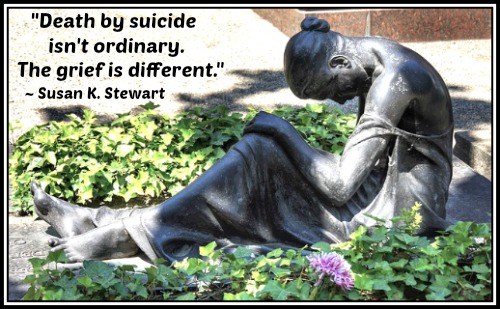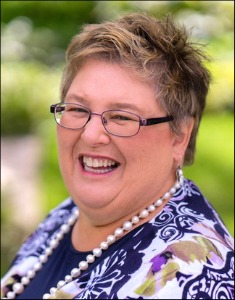Let's Change Friday the 13th
I (Dawn) have never liked the superstition involved around a simple Friday—Friday the 13th.
 Secularists give lots of possible reasons for mankind's fear of that day and why people think it's so "unlucky."
Secularists give lots of possible reasons for mankind's fear of that day and why people think it's so "unlucky."
Two examples:
- On Friday the 13th in 1307, a raid on the Knights Templar took place, essentially wiping them out.
- Judas was supposedly "the 13th person at Jesus’ table" at the Last Supper before Good Friday when Jesus died. (That’s a stretch, right?)
Crazy, huh?
I say, let’s turn this “unlucky” day into a day of “Unparalleled Praise.”
Stop right now and think of 13 character qualities of God—the members of the Trinity—and offer praise for them.
Worship Father God, Jesus the Son and the Holy Spirit for WHO THEY ARE!
Ponder their matchless:
- wisdom,
- mercy,
- kindness,
- power,
- presence,
- love, etc.
Scientists tell us what we think about will color our actions.
Dr. Caroline Leaf, in her book, Switch On Your Brain, wrote, "When you objectively observe your own thinking with the view to capturing rogue thoughts you in effect direct your attention to stop the negative impact and rewire healthy new circuits into your brain."
With directed—or rather re-directed—thinking, we can change our behaviors.
It's the concept of bringing into captivity every thought (2 Cointhians 10:5) and renewing our mind (Romans 12:2) so we will not conform our lives to the sinful and superstitious patterns of this world, but rather to God's will.
Consider these scriptures:
- Whatever you sow, you will reap (Galatians 6:7-8). What are you sowing in your thoughts?
- Turn away from foolish, evil thinking—don't be reckless and careless with your mindset (Proverbs 14:16)—if you want to please the Lord.
- Don't feed on folly (Proverbs 15:14).
- Take your thoughts "captive" to the Word of God (2 Corinthians 10:5), and stand against opinions that rise up against "the knowledge of God."
- Make the best use of your time as a wise person, not "unwise" (Ephesians 5:15-16).
- Don't waste time on Friday the 13th fears. God has not given His children a spirit of fear, but rather a "sound mind" (2 Timothy 1:7) of power, love and self-control.
So forget about all the supposed "unlucky" superstitions. Don't give in to the mindless fears of Friday the 13th.
Instead, take time today to focus on and honor God.
It's a far better, far wiser and certainly more God-honoring way to use your thoughts and time.
Have you feared Friday the 13th in your past? Try the challenge to focus on 13 things about God's character today and watch this praise challenge feed your faith, not your fears!
Dawn Wilson, founder and President of Heart Choices Today, is a speaker and author,  and the creator the blog, Upgrade with Dawn. She is a contracted researcher/reviewer for women's teacher and revivalist, Nancy DeMoss Wolgemuth, at Revive Our Hearts, a blogger at TrueWoman.com, writes wiki-type posts at Christianity.com, and is a regular columnist at Crosswalk.com. She and her husband Bob live in sunny Southern California, and she has traveled with Him in Pacesetter Global Outreach. They have two grown, married sons, three granddaughters and a rascally maltipoo, Roscoe.
and the creator the blog, Upgrade with Dawn. She is a contracted researcher/reviewer for women's teacher and revivalist, Nancy DeMoss Wolgemuth, at Revive Our Hearts, a blogger at TrueWoman.com, writes wiki-type posts at Christianity.com, and is a regular columnist at Crosswalk.com. She and her husband Bob live in sunny Southern California, and she has traveled with Him in Pacesetter Global Outreach. They have two grown, married sons, three granddaughters and a rascally maltipoo, Roscoe.
 Post a Comment → Posted on
Post a Comment → Posted on  Friday, December 13, 2019 at 7:21AM
Friday, December 13, 2019 at 7:21AM  Character of God,
Character of God,  Fear,
Fear,  Fear on Friday the 13th,
Fear on Friday the 13th,  Friday the 13th,
Friday the 13th,  Praise God,
Praise God,  Superstitions,
Superstitions,  Take thoughts captive,
Take thoughts captive,  Unlucky,
Unlucky,  Worship God Upgrade Your Life
Worship God Upgrade Your Life  Attitudes,
Attitudes,  Biblical Thinking
Biblical Thinking 














